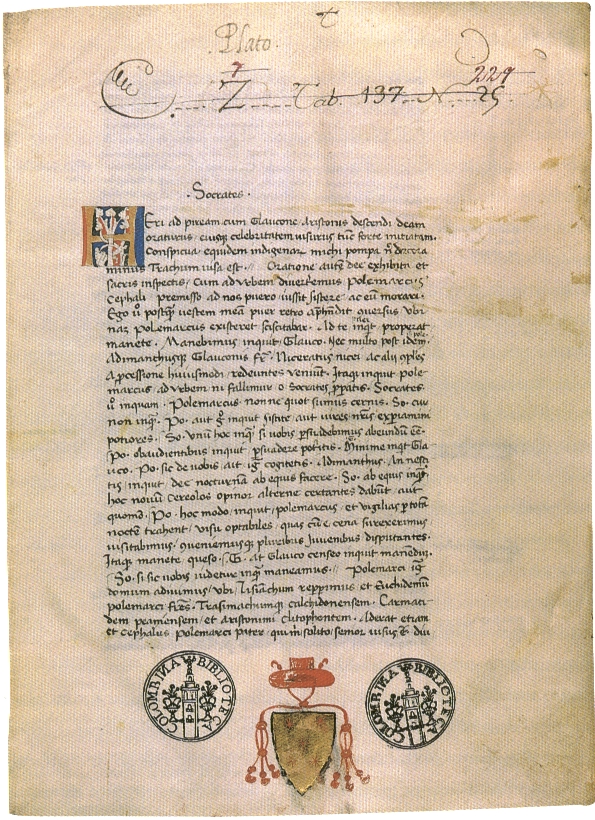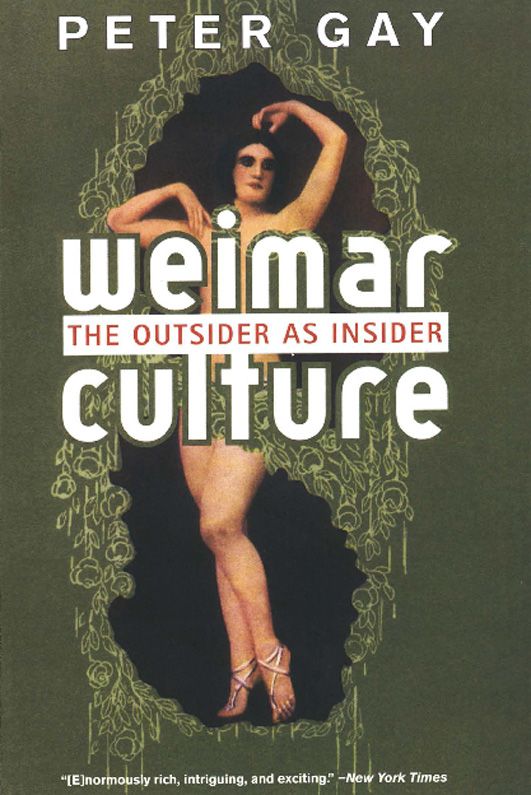Jean-Luc Nancy: The Inoperative Community (1986–) [EN, ES, CR, RO]
Filed under book | Tags: · community, literature, love, myth, philosophy, politics, subjectivity, writing

“In this powerful work, Jean-Luc Nancy examines community as an idea that has dominated modern thought and traces its relation to concepts of experience, discourse, and the individual. Contrary to popular Western notions of community, Nancy shows that it is neither a project of fusion nor production. Rather, he argues, community can be defined through the political nature of its resistance against immanent power.”
Publisher Christian Bourgois, Paris, 1986
New edition, 2004
ISBN 22670008939
278 pages
English edition
Edited by Peter Connor
Translated by Peter Connor, Lisa Garbus, Michael Holland, and Simona Sawhney
Foreword by Christopher Fynsk
Publisher University of Minnesota Press, 1991
Theory and History of Literature series, 76
176 pages
Publisher (FR)
Publisher (EN)
WorldCat (FR)
WorldCat (EN)
The Inoperative Community (English, ed. Peter Connor, 1991)
La comunidad inoperante (Spanish, trans. Juan Manuel Garrido Wainer, 2000)
Dva ogleda. Razdjelovljena zajednica. O singularnom pluralnom bitku (Croatian, trans. Tomislav Medak, 2003)
Comunitatea absentă (Romanian, trans. Emilian Cioc, 2005, 69 MB)
Plato: The Republic (c380-360 BCE–)
Filed under book | Tags: · democracy, governance, justice, law, philosophy, politics

The Republic (Περὶ πολιτείας; Peri politeias) is Plato’s best-known work and has proven to be one of the most intellectually and historically influential works of philosophy and political theory. In it, Socrates along with various Athenians and foreigners discuss the meaning of justice and examine whether or not the just man is happier than the unjust man by considering a series of different cities coming into existence “in speech”, culminating in a city (Kallipolis) ruled by philosopher-kings; and by examining the nature of existing regimes. The participants also discuss the theory of forms, the immortality of the soul, and the roles of the philosopher and of poetics in society.
Passages, manuscripts, editions, translations and studies (Monoskop wiki)
Comment (0)Peter Gay: Weimar Culture: The Outsider As Insider (1968–) [EN, CR]
Filed under book | Tags: · 1910s, 1920s, 1930s, architecture, art, bauhaus, cinema, expressionism, film, germany, literature, modernism, music, nazism, philosophy, politics, psychoanalysis, theatre, weimar republic

First published in 1968, Weimar Culture is one of the masterworks of Peter Gay’s career. A study of German culture between the two wars, the book brilliantly traces the rise of the artistic, literary, and musical culture that bloomed ever so briefly in the 1920s amid the chaos of Germany’s tenuous post-World War I democracy, and crashed violently in the wake of Hitler’s rise to power. Despite the ephemeral nature of the Weimar democracy, the influence of its culture was profound and far-reaching, ushering in a modern sensibility in the arts that dominated Western culture for most of the twentieth century.
First published by Harper & Row, New York, 1968.
Publisher W. W. Norton, 2001
ISBN 0393322394, 9780393322392
205 pages
via chef
Review (Walter Laquer, The New York Times Books, 1968)
Review (Elizabeth Wiskemann, The Spectator, 1969)
Review (Sterling Fishman, History of Education Quarterly, 1970)
Weimar Culture: The Outsider As Insider (English, 1968/2001, EPUB)
Weimarksa kultura: Isključenik kao uključenik (Croatian, trans. Danja Šilović-Karić, 1999, added on 2014-8-3)

